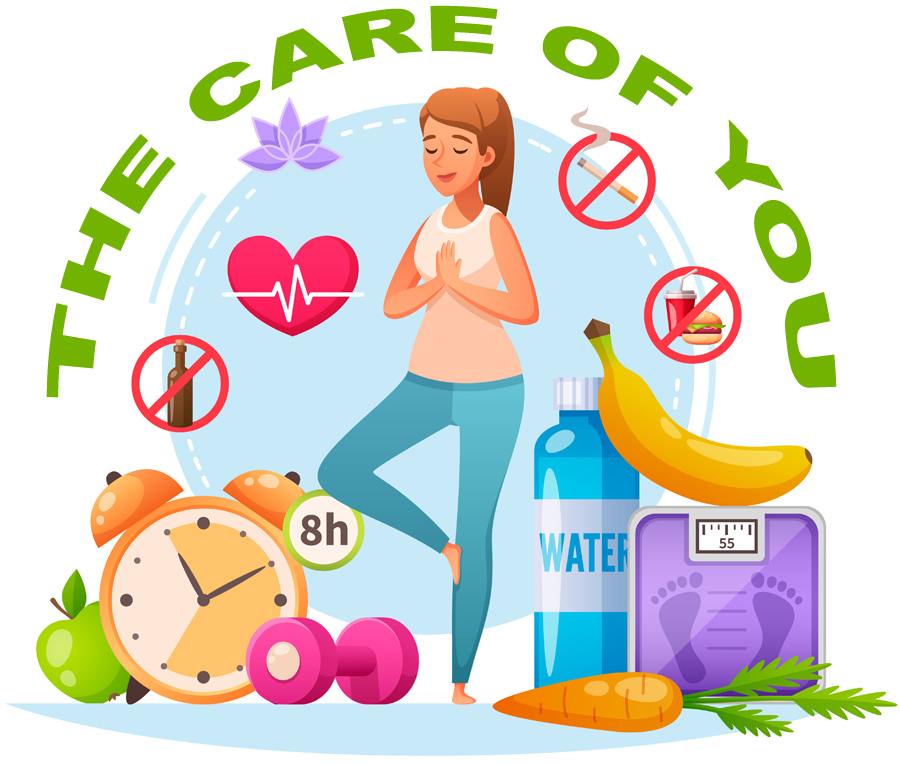Daily Nutrition
The word "diet" doesn't always have to do with making an effort to lose weight. A balanced diet and good nutrient intake are vital for your health and well-being. There are six different things that are essential for good health: carbohydrates, protein, fat, vitamins, minerals, and water.
According to several studies, people don't always get the correct amount of nutrients that they need. What does your body need, and how can you get enough to build and maintain a healthier lifestyle?
- Carbohydrates are your primary energy source, and without them, your body wouldn't function properly. Some foods that you can receive carbohydrates from include starches and sugars, breads and grains, and fruits and vegetables. However, it's important to ensure that at least half of the grains that you take in are whole grains, as they'll reduce your risk of coronary heart disease and keep your blood glucose at good levels!
- Proteins are essential nutrients for your body because they're necessary building blocks to create and repair body tissues. Each day, between 10% and 35% of your daily caloric intake should come from sources of protein, which include foods like eggs, beans, dairy products, meat, seafood, and soy.
- Fat is another essential type of nutrient, and it's an energy source, too. When you consume it, it increases the absorption of fat-soluble vitamins, specifically vitamins K, E, D, and A. Between 20% and 35% of your daily caloric intake should include fats, but remember to get them from healthy foods. These would include foods like fish, vegetable-based oils, and walnuts. The healthy fats from foods like these are a great source of nutrients because they assist with your growth and development. Other foods with healthy fats include avocados and seeds. Not all fat is good, however, such as the saturated fats that can come in full-fat dairy products; limit your intake of those.
- Vitamins are another essential type of nutrient for your body. For instance, vitamin C is a very important one because it helps your body build the structure of your ligaments, bones, and blood vessels, and you can take it in from tasty foods like strawberries, peppers, and fruits. Then there's vitamin D, which helps to maintain your calcium levels. Some foods that you could get this from include salmon, tuna, and tofu.
- Minerals are also an integral part of a healthy and balanced diet, and they include sodium, potassium, and calcium. Sodium is there to help maintain your body's water balance and transmit nerve signals, but you should try to keep your sodium intake each day to under 2,400 milligrams. Potassium helps to prevent increased blood pressure, which can be a result of too much sodium intake. To work potassium into your diet, you should be eating foods like tomatoes, bananas, and potatoes. And calcium helps the body to both build and sustain strong teeth and bones. You can get this nutrient from foods like milk, yogurt, and low-fat cheese.
- Water should be an essential part of any healthy diet because it helps bring all of these nutrients to your cells. Not only that, but it also helps to take away any waste products from your body. Remember that no matter what, it's important to drink enough water each day; experts recommend that adults drink two to three liters of water a day.
Here are some great additional resources about daily nutrition:
